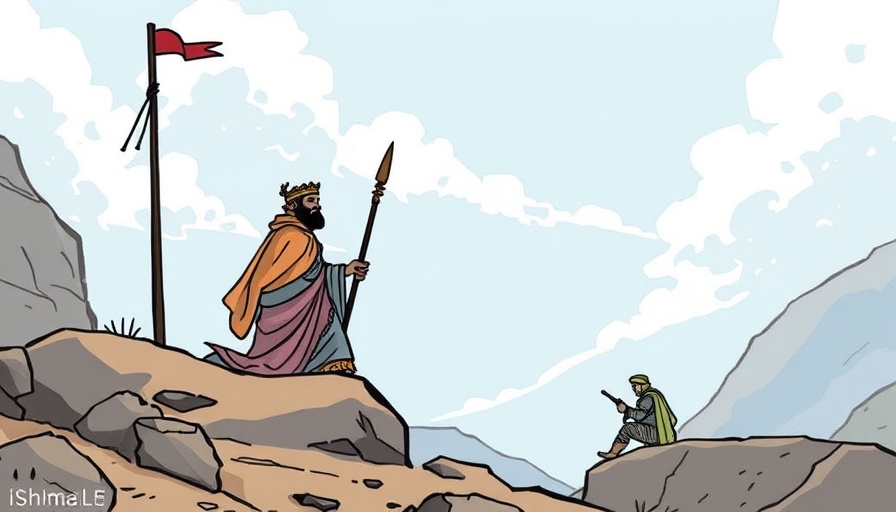
Unpacking Taker and Leaver Myths: A Deep Dive into Chapter 11 of Ishmael
As homeowners in today's complex world, understanding the foundational narratives that shape our lives is crucial. Tom Murphy's exploration of Chapter 11 from Daniel Quinn's Ishmael offers a compelling look into the dichotomy between Taker and Leaver myths that can resonate even in our modern, suburban landscapes.
Understanding the Rejection of Conventional Narratives
In this chapter, Ishmael challenges Alan, a character attempting to grapple with the story of the Leavers, those who live in harmony with nature. When Alan offers half-hearted justifications for learning about these narratives, he is met with Ishmael's frustration, highlighting the need for a compelling, alternative story beyond the prevailing Taker mythology. This reflection is particularly relevant for homeowners who find themselves questioning the modern lifestyle that often prioritizes consumption over connection with nature.
Revisiting our Humanity in the Age of Modernity
The conversation takes a thoughtful turn when Ishmael presents a crucial question: “How did man become man?” This inquiry invites homeowners to consider the impact of domestication and agricultural revolutions on our identities. Just as Ishmael suggests that embracing Leaver stories can illuminate paths to becoming more human, homeowners can reflect on how personal choices in gardens and homes can foster a deeper connection to the earth.
Modernity's Misconceptions of Pre-Agricultural Life
Ishmael's critique of Taker mythology points to a widely held belief that life before modernization was lacking in value, something echoed in Alan's initial responses. However, anthropological perspectives reveal a richer understanding of pre-agricultural life. Homeowners can appreciate that just like Indigenous peoples who rejected agricultural lifestyles when conditions permitted, we too can challenge the prevailing narratives of modern life that may not serve our well-being. Recognizing these myths opens pathways for more sustainable living practices, such as planting native species or engaging in permaculture.
The Call for Conscious Living
The dialogue in Chapter 11 urges a reassessment of the stories we tell ourselves and the lifestyles we lead. As homeowners, embracing the insights of Ishmael can encourage us to reflect on our roles as stewards of the environment, recognizing the interconnectedness between humanity, nature, and well-being. This paradigm shift can pave the way for conscious living, where we honor legacy practices while integrating modern sensibilities.
Ultimately, evolving our relationship with the narratives that shape our lives can inspire meaningful change not just in our homes, but also in our communities. As we delve deeper into the wisdom of Ishmael, let us be reminded of the importance of stories in guiding our journeys towards sustainability and connectedness.
 Add Row
Add Row  Add
Add 




Write A Comment